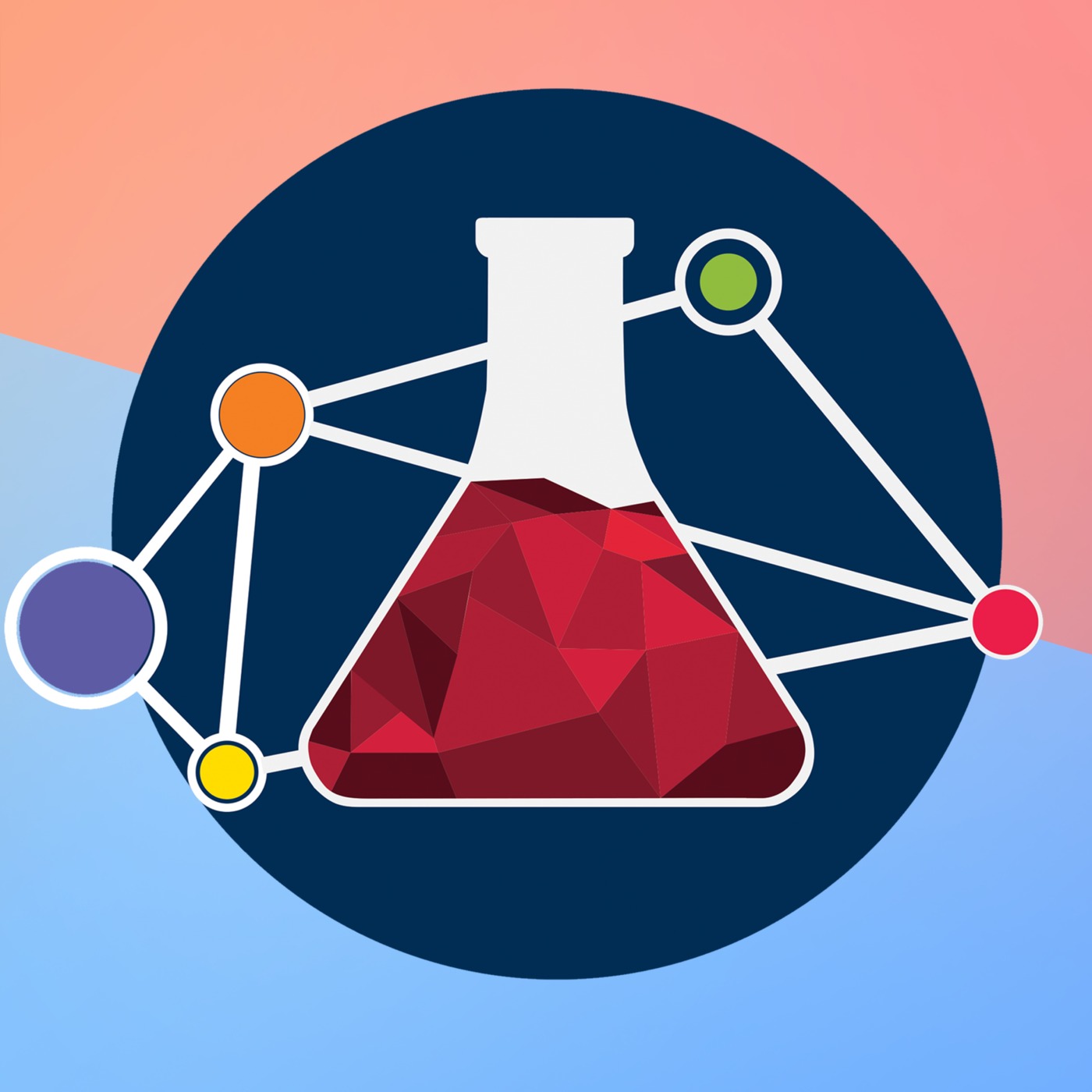Global Health in the Time of COVID: Ramses Escobado, Jess Celentano, and Dr. Mike Reid
Description
Contact tracing is a term that almost all of us are familiar with, but what exactly does it entail? As part of a collaboration with the Institute of Global Health Sciences (IGHS) at UCSF, we spoke to three contact tracing experts in San Francisco.
From our conversations with librarian and manager at the Excelsior Branch Public Library Ramses Escobado, deputy director of the Center for Global Health Delivery, Diplomacy and Economics Jess Celentano, and Infectious disease doctor Mike Reid, we discuss contact tracing from epidemiological and health equity lens.
We discuss their newly found roles in the sector of contact tracing, how contact tracing goes beyond facilitating infected parties to quarantine, the barriers to contact tracing, how to measure the success of contact tracing efforts, what characteristics make a good contact tracer, and how we envision a future post COVID-19.
This interview was conducted via zoom in September 2020. If you’d like to learn more about current contact tracing efforts and the resources that are available for people impacted by the pandemic, be sure to check out the following links:
https://oewd.org/employees-impacted-covid-19#Paid%20Sick%20Leave
https://globalhealthsciences.ucsf.edu/
https://www.cdc.gov/coronavirus/2019-ncov/php/principles-contact-tracing.html
https://globalhealthsciences.ucsf.edu/covid-19/contact-tracing
This episode was written and produced by Stella Belonwu, Maggie Colton, and Ben Mansky. Music from this episode was produced by Blue Dot Sessions and 4barrelcarb
More Episodes
In the epic battle against scientific fraud, a courageous assembly of researchers stood united and rebelled against the dark forces of data manipulation and fabrication. Armed with powerful forensic and statistical tools, these heroes sought to vanquish all that is deceitful and guide the...
Published 03/18/24
Carry the One Radio alum and recent UCSF Neuroscience graduate Dr. Anna Lipkin is on the other side of the mic to talk about how overlooking tiny aspects of the neuron lead to surprising gaps in what we know about the cells that make up our body.
Published 02/19/24
Published 02/19/24


